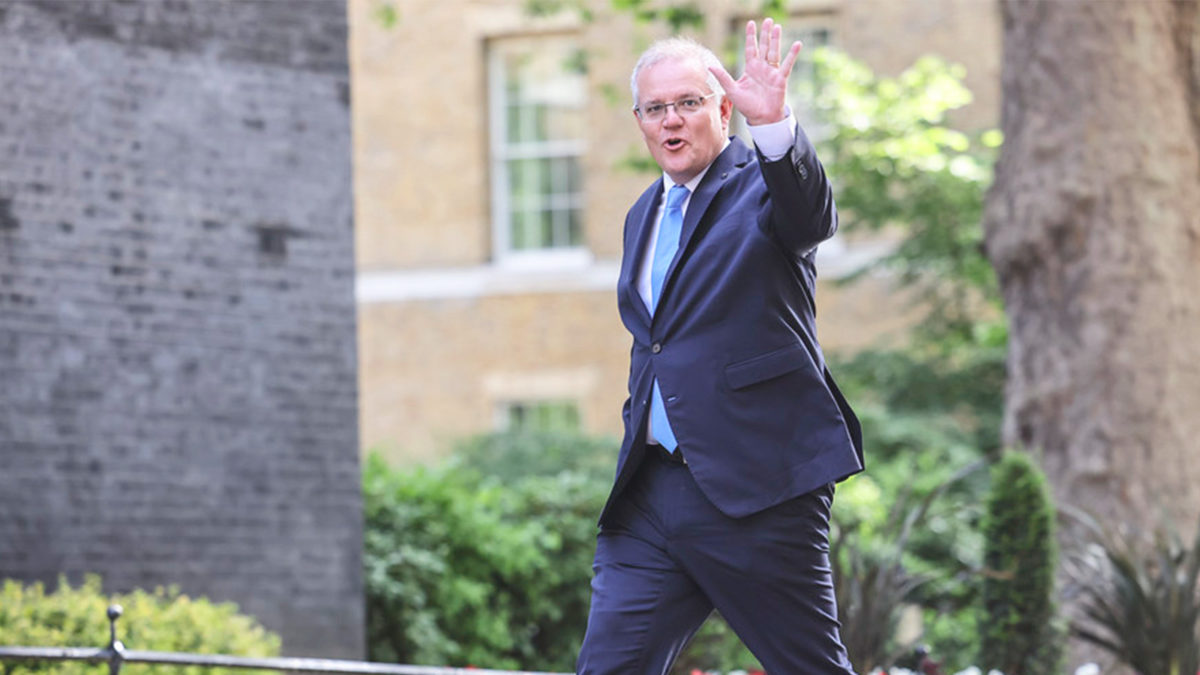Morrison revives super’s wicked problem
It was perhaps premature to write, in late March, that the super wars were over. Scott Morrison’s announcement on Sunday that first home buyers would be able to access their superannuation for a house deposit represents a massive escalation, beyond even some of the cut regulations from the Your Future Your Super (YFYS) reforms.
On the LNP front, it’s a surprising move, given that superannuation minister Jane Hume – now an enthusiastic proponent for the policy on the morning news – rubbished previous proposals. Even Hume concedes that it will drive up house prices in the short term. The announcement is a sign of desperation from a party that has been caught off guard by the momentum that the opposition has built in recent weeks (see also: Morrison’s admission to being unpopular, and a promise to change). To the industry, its timing was deeply suspect; it was not, after all, included in the budget as a serious policy proposal.
But the idea is not as unpopular within the industry as it appears from the slew of frantic announcements made in the immediate aftermath of the reveal. And some are uncomfortable with the tone associations have taken against it, given the clear conflicts of interest in the debate.
There is a sense among some of its intelligentsia that the super industry should at least engage with proposals in a constructive way given that the retirement income review established beyond doubt that owning a home in retirement is just as important – perhaps more important – than having a healthy superannuation balance. And as the SG increases and a larger percentage of pay is locked away for decades, these proposals will likely only become more popular.
At the same time, scepticism abounds about this proposal, and likely from this government. It has not previously taken a collaborative approach to reforms like YFYS, which somehow passed through a months long consultation approach almost unscathed; indeed, some of the most egregious overreaches were only excised at the eleventh hour.
It will undoubtedly have an impact on house prices. First home buyers might only have a relatively small amount in their superannuation account, and younger people likely will not be able to afford the additional contributions to close the gap once that amount is drained – especially if they’re also paying a mortgage. Operational questions also abound regarding tax, and it would be onerous for super funds to administer such a program.
Liquidity will likely be a smaller issue, given that the withdrawals will be spread widely rather than occurring in a matter of months, as was the case with early release, and that contributions will increase in the next several years.
But some believe that the end goal of the super system should not just be super. The end goal is members and their experience. The sector needs to avoid a myopic focus on only what is in a member’s account at retirement. Still, a serious proposal needs to be “more than just a tagline in an election campaign”.
There is also a slippery slope argument to contend with, with that same group of noisy backbenchers and right-leaning policy institutes like the IPA now suggesting that super be opened to nigh-on everything. Likely a prospective LNP government will ignore these suggestions, though a clear runway (and the long-held ideological position against so-called “union funds”) might see the system subjected to further “flexibilization.”
The populist appeal of “Home First, Super Second” is undeniable. It is likely to be well-received by some first home buyers. As has been noted in this publication before, member disengagement means the Coalition’s superannuation policies are hard to defend against on the national stage. And it seems likely that – short of any massive supply-side reforms – the industry may one day have to make such a policy work. Perhaps not with this government, but maybe another.











